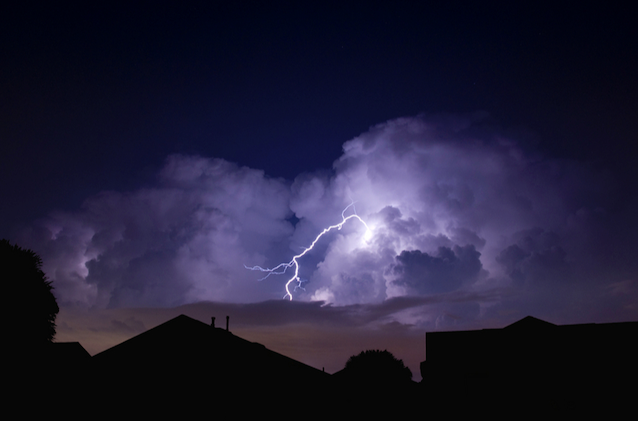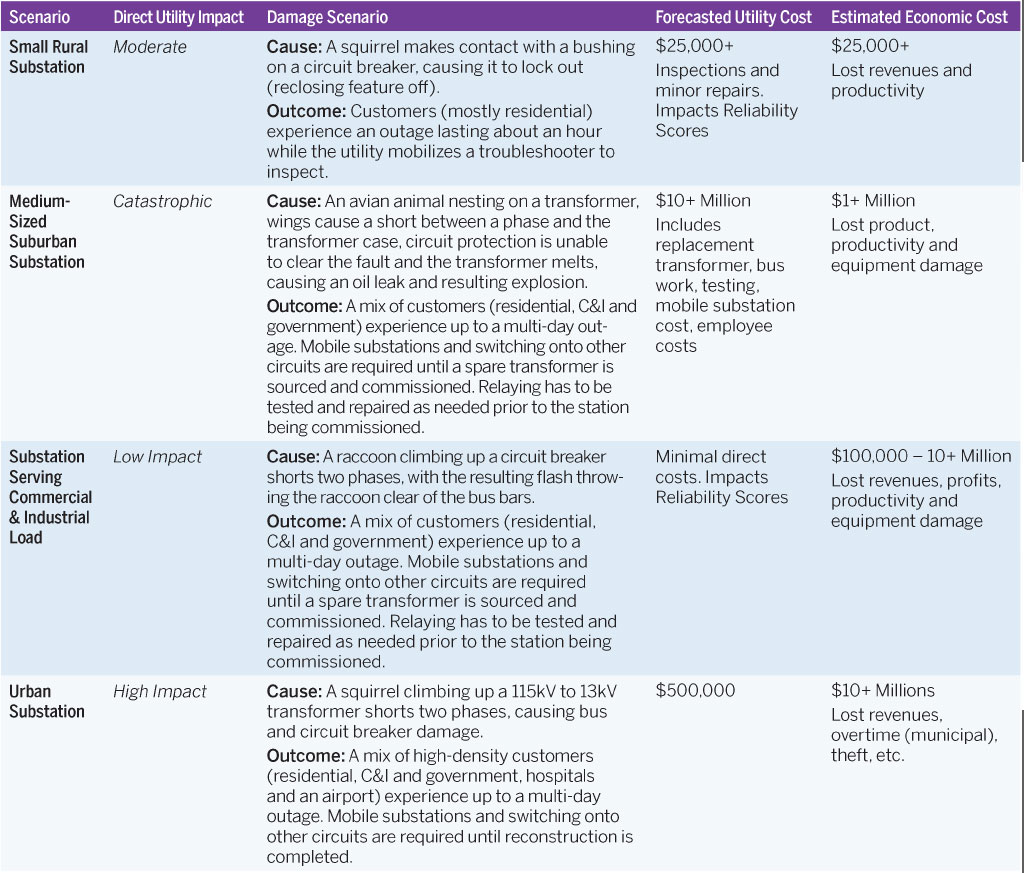3 Common Causes of Power Outages in the Northeast
Posted by Kristopher Schwind

Power outages can be devastating for homeowners and businesses—and here in the Tri-State area, we’ve seen our fair share of electrical interruptions. In fact, New York has been ranked in the top five states where power outages occur most frequently for five years running.
Today, power outages are more frequent—and more costly—than ever before: Sustained outages cost the economy $26 billion annually while momentary outages cost us $52 billion. When we consider those numbers, establishing an emergency backup power plan for your home or business seems like a worthwhile investment.
How can you prepare yourself for the next outage in New York, New Jersey, or Connecticut? By understanding the most common causes of power outages in the Tri-State area and investing in a standby generator.
1. Severe Weather
It shouldn’t be surprising that severe thunderstorms, hurricanes, blizzards, and earthquakes account for roughly 70% of outages in the United States.
Here in the Northeast where inclement winter weather can be particularly devastating (and where we still feel the effects of hurricane season), severe weather is the most common cause of power outages.
If you think winter is the most likely to bring power outages to the Tri-State area, don’t be fooled…summer isn’t a safe season. In fact, one of the largest blackouts in Tri-State history occurred in the middle of July.
On July 13, 1977, a summer storm rolled through the Tri-State area. Lightning struck a substation on the Hudson River, tripping two circuit breakers in Buchanan. A second strike occurred shortly after, causing the loss of two transmission lines, shutting off access to Indian Point, which provides power to about a quarter of New York City and Westchester.
The effects of the mid-summer storm were devastating. Most of New York City was left without power until late the following night, causing widespread chaos. You can read more into the effects of the outage in Time’s historic cover story, “Why the 1977 Blackout Was One of New York’s Darkest Hours.”
2. Squirrels
Believe it or not, squirrels and other small animals cause roughly 8% of all power outages nationwide.
Anyone who lives or works in the Tri-State area is familiar with our small bushy-tailed friends. Unfortunately, they’re more of a foe when it comes to the power grid.
If you’re wondering how much squirrel-caused outages can cost your business, here’s just a quick snapshot of the devastation they can wreak:
There are countless unexpected causes of power outages in the Northeast—and many of them are surprisingly common. Squirrels and other wildlife may cause an impressive number of power outages, but they aren’t alone.
3. Air Conditioning
As we enter the peak of summer heat, millions of air conditioners are thrumming in the Tri-State area—and millions of air conditioners are taking their toll on the power grid. If you aren’t prepared to face potential outages, now is the time to prepare for summer brownouts or blackouts.
Air conditioners account for roughly 6% of all electricity produced in the United States. When we’re all beating the heat with these high-consumption AC units, we’re heightening the risk of overwhelming the power grid and causing severe, widespread power outages that can cost millions.
When news of an upcoming heat wave hits, power companies do what they can to prepare for heightened demand. This time last year, a heat wave hit the Northeast that caused widespread outages when the grid was overpowered by residential and commercial air conditioning units. In one case, 300 residents of a senior center were evacuated as temperatures soared.
How to Protect Your Home or Business in the Tri-State Area
Power outages can be devastating for both homes and businesses. If you live or work in New York, New Jersey, or Connecticut, the best way to protect yourself is by investing in a standby generator.
National Standby Repair offers industry-leading residential and commercial standby generator units backed by decades of experience. If you’re interested in learning more about standby generators, get in touch today. Our team of experts is here to discuss your emergency power needs and find the perfect unit for your home or business.
 24/7 EMERGENCY GENERATOR SERVICE
24/7 EMERGENCY GENERATOR SERVICE REQUEST A QUOTE
REQUEST A QUOTE
 (914) 734-1400
(914) 734-1400